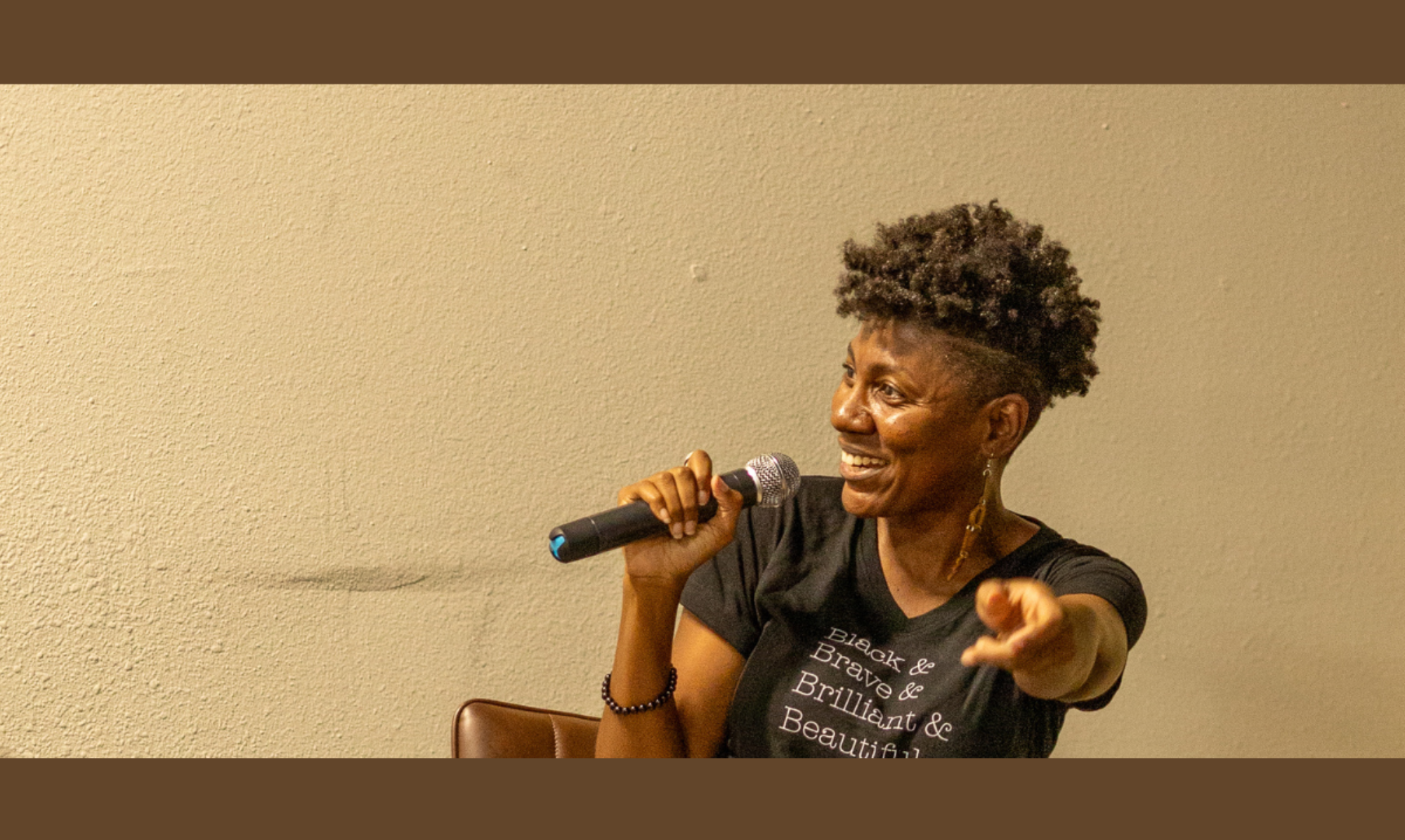There are some misconceptions about who is affected by colorism. Some people think it’s just a dark girl’s problem and that everyone else has no place in the discussion.
There’s strong opposition to letting so-called “outsiders” handle situations that they have “no experience” with. I believe the insider/outsider dichotomy is a slippery slope because it impedes social unity and social responsibility.
In the case of colorism in the United States, the outsiders are usually white people, and the insiders are usually black people. Similar situations might exist in other places with different groups of people.
Among black Americans, a different insider/outsider distinction exists. People assume colorism is unidirectional, only relevant to dark-skinned blacks. I compare this thinking to the notion that racism is only a problem for people of color to deal with.
Racism and products of racism such as colorism are social problems. Period. Not just a dark-skinned girls problem, or a black problem.
Where Might the Insider/Outsider Mentality Come From?
The fact that individuals experience a given situation like racism, doesn’t mean they have the same experience, same interpretation, same perspective, or same vantage point of the situation. (See the movie Vantage Point.)
In fact, some vantage points may be so distant, or so far on the periphery, that it leads some to believe the situation doesn’t exist at all. They just can’t see it from where they are. Unfortunately, some still are not convinced even if others close to the situation try to give an account. But anyway…
This relative closeness to a situation and the varied experiences that result is probably where the insider/outsider mentality stems from, and I completely understand that. Especially when our inability to see from another’s vantage point often leads to cynicism and insensitivity.
I believe people cling to the insider/outsider mentality because of the insensitivity or callousness with which others handle discussions about situations they were too far away from to actually see themselves.
I mean “close” and “far away” both physically and psychically. For example, northerners were physically far away from the Jim Crow South, which affected how they experienced Jim Crow, but even if they went to the South (got close), their experiences might’ve kept them psychically distant from the situation (far away).
I’ve noticed that the inside/outside dichotomy is maintained by both the perceived insiders and outsiders.
People close to a situation don’t want to discuss it with those farther away because of the insensitivity mentioned above. At the same time, those farther from the situation avoid discussing it all together because their lack of knowledge and their distant experience makes them uncomfortable, or unsure [of] themselves in the context of such a discussion.
One example of the latter, which a lighter skinned black girl actually told me, is, “I’m not dark-skinned, so I don’t know if it’s hard on dark-skinned people.”
I get more into this in part 2.

